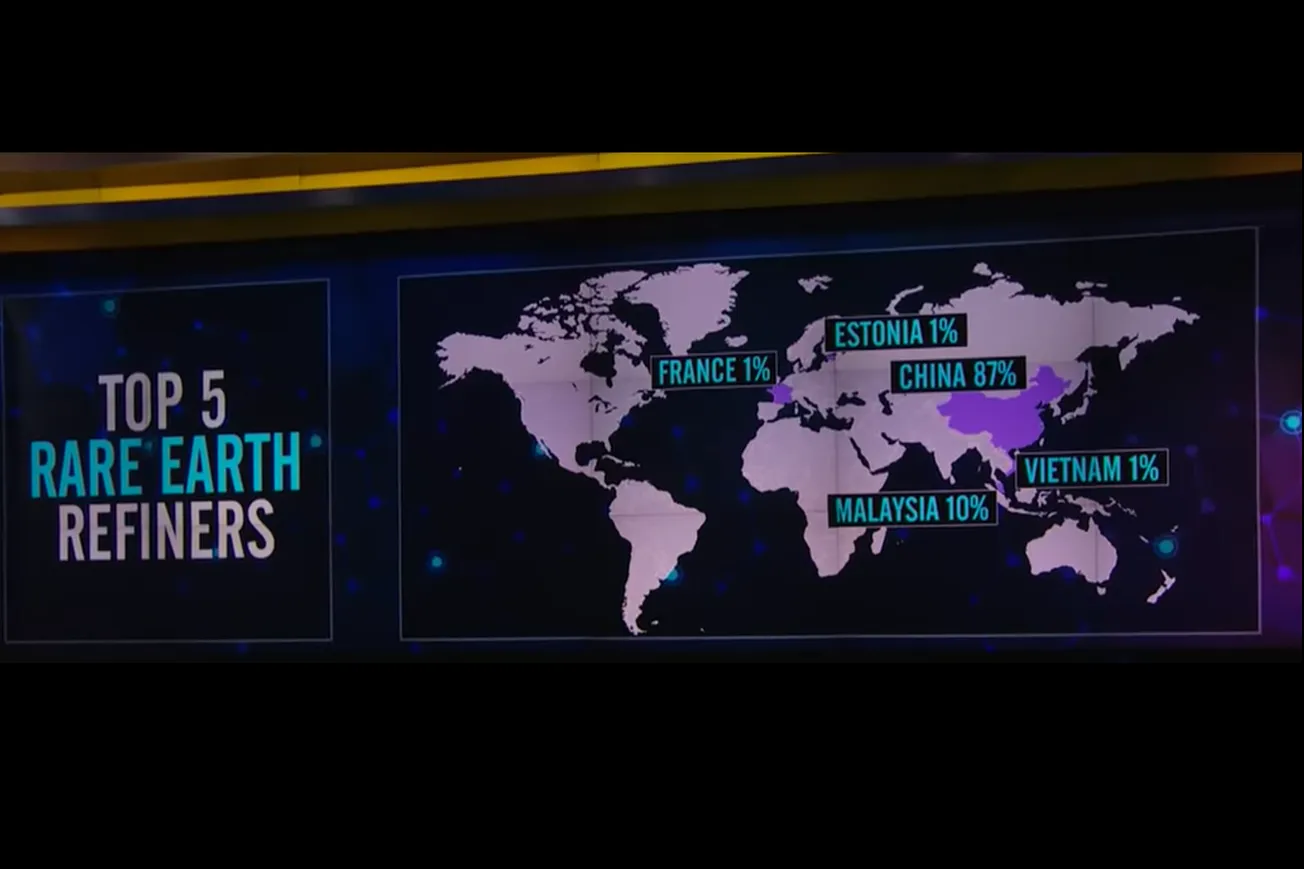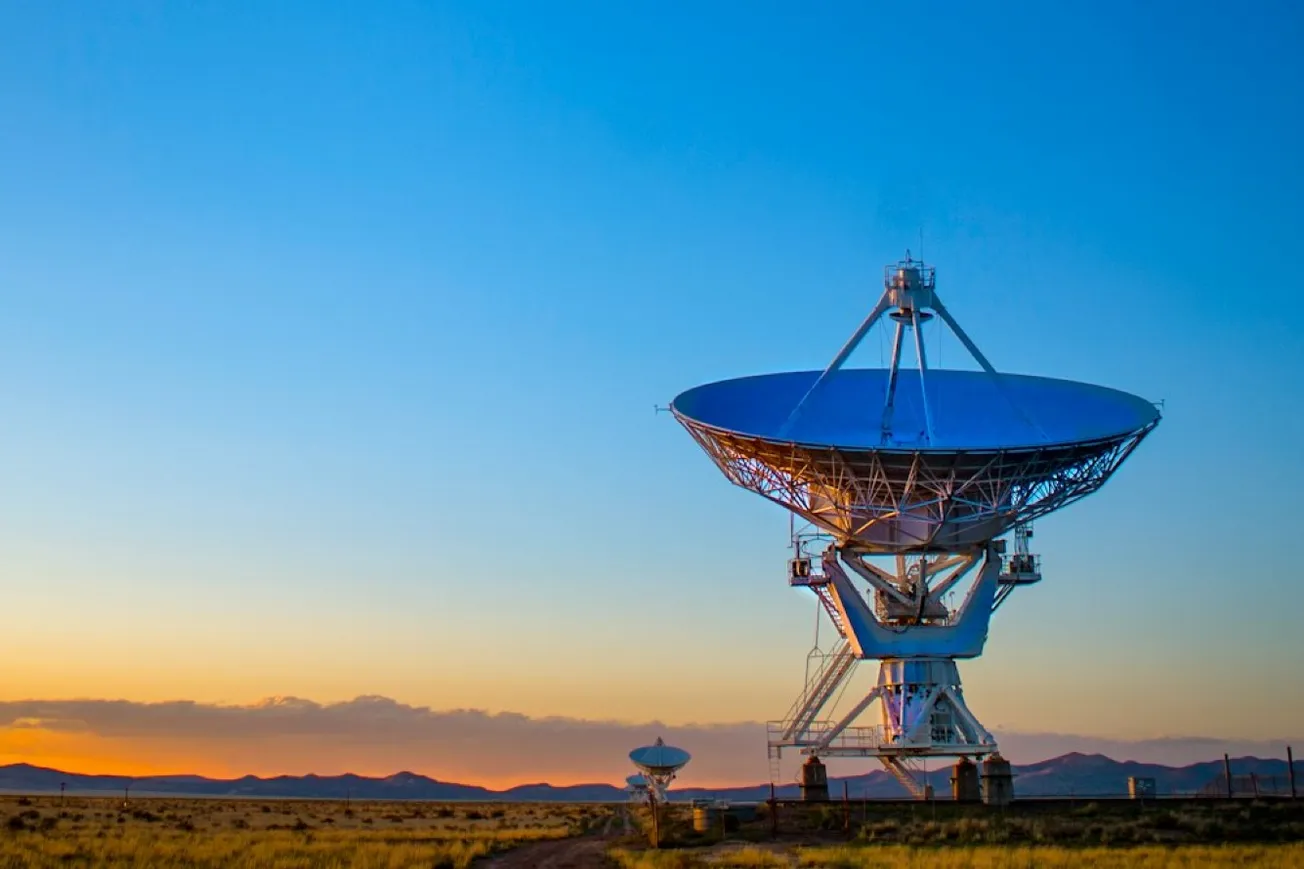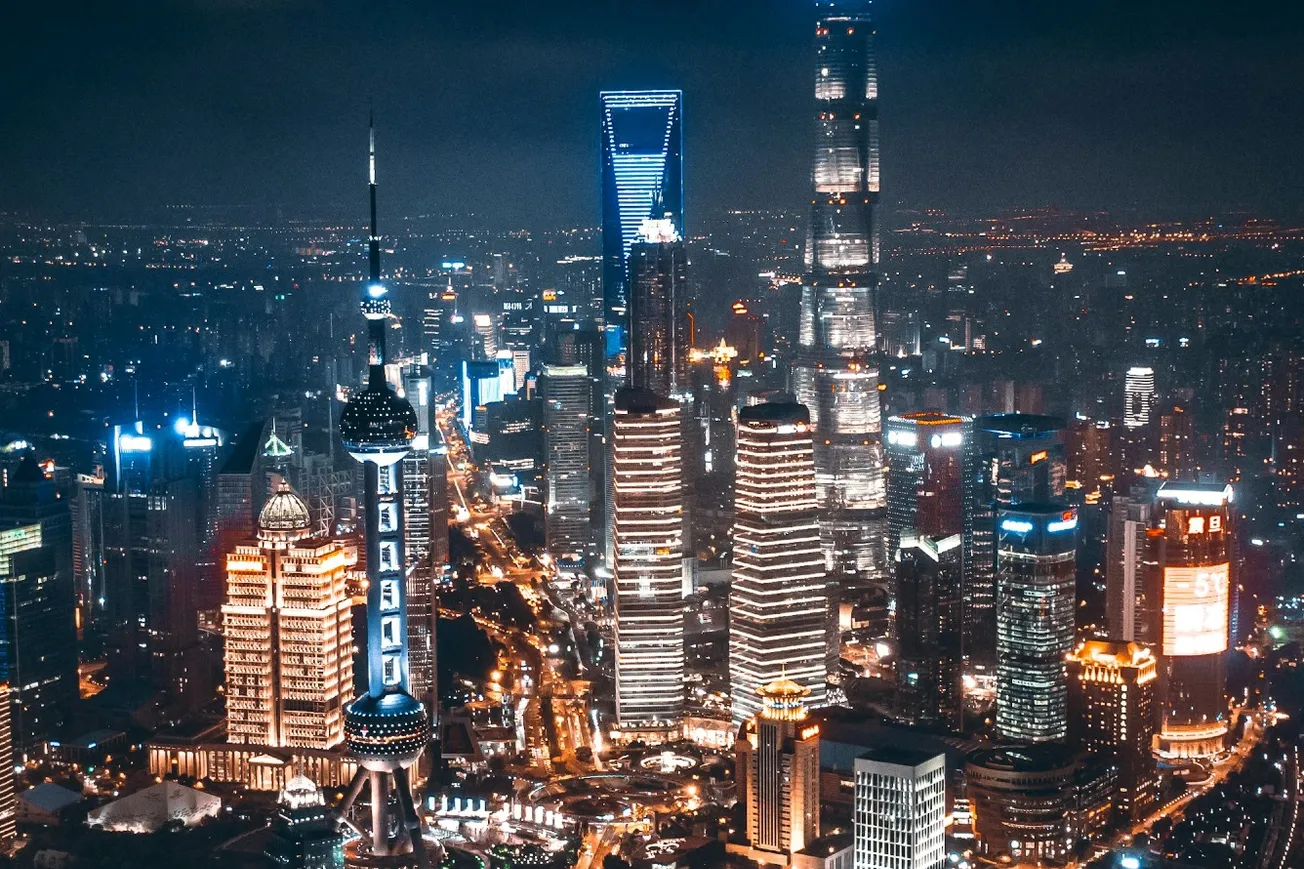By David Blackmon for the Daily Caller on May 2, 2023
One of the major goals of the Biden administration’s plan for its so-called energy transition is to negotiate supply chains for lithium, copper and other critical minerals with allied nations in order to free them from their current China-centric control.
China currently processes at least 60% of global lithium production and high percentages of other key minerals needed by the three chosen “green” industries favored by the Biden plan: Wind, solar and electric vehicles.
Where lithium is concerned, that goal recently became a good deal more difficult as socialist Chilean President Gabriel Boric announced on April 20 that his government will nationalize the country’s lithium industry, a move that Reuters reports as a “shock” to most in the media. Why it would shock anyone when a socialist ruler decides to nationalize any industry is a bit of a mystery, but there it is.
In a televised address, Boric claimed, “This is the best chance we have at transitioning to a sustainable and developed economy. We can’t afford to waste it.”
Chile owns fully 40% of the proven lithium reserves in the world, roughly equivalent to the percentage of copper reserves the country also owns. Boric’s plan would put Codelco, the national company in charge of Chile’s copper mining, in charge of overseeing the development of Chilean lithium.
In the measure of lithium reserves, Chile leads the world by far. The country ranks third in terms of known lithium resource, a different, less technical measure, behind Bolivia and Australia. Neighboring Argentina ranks 4th globally in known resource. Thanks to involvement by international companies like SQM and Albermarle, Chile is far more advanced in the proving and recovery of the production than either of its South American peer countries.
Chile, Argentina and Bolivia together are home to the famous Lithium Triangle, a massive extent of high-altitude salt flats that constitute by far the world’s biggest known lithium resource. The Lithium Triangle resource has been a coveted target for western governments interested in establishing China-free supply chains for lithium needed to power their own electric vehicles and renewable energy industries.
But in January, the government of Bolivia awarded lithium production and battery manufacturing contracts to two Chinese firms, giving China its first significant foothold into South American lithium
It is perfectly reasonable, in light of this accumulation of facts and events, to speculate about whether Boric’s desire to nationalize his country’s lithium industry could be a precursor to his government engaging in a similar arrangement with the communist Chinese government.
Such speculation becomes even more reasonable in light of comments made by a senior Chilean official last November regarding plans to elevate cooperation with China related to their lithium resources. In a story reported by the Global Times, Gustavo Diaz Hidalgo, Chile’s consul general in Chengdu, revealed his government’s plans to further enhance cooperation with China in the lithium sector.
“Chile’s lithium mining and export volume has seen an increase thanks to strong demand from the Chinese market, and it has become one of Chile’s most important export commodities,” said the consul general during the 2022 China (Suining) International Conference on the Lithium Battery Industry. Indeed, Bloomberg reported recently that “China’s BYD Co. was granted access to preferential prices to make battery-grade lithium carbonate at a plant that would begin operating by end-2025,” and goes on to note that “China is Chile’s biggest trading partner based on raw material exports.”
As always seems to be the case, what we see here is the far-sighted government in China behaving as a rational actor in its national best interests. This is a direct contrast to the Biden administration and other short-sighted governments in the west, who now create energy policy based on a global collectivist approach.
Anyone who thought China would sit still and as these western governments moved to establish mineral supply chains that bypass their country was very naïve. In the game of geopolitics and energy, China is increasingly coming out the winner.
David Blackmon is an energy writer and consultant based in Texas. He spent 40 years in the oil and gas business, where he specialized in public policy and communications.
Original article link








